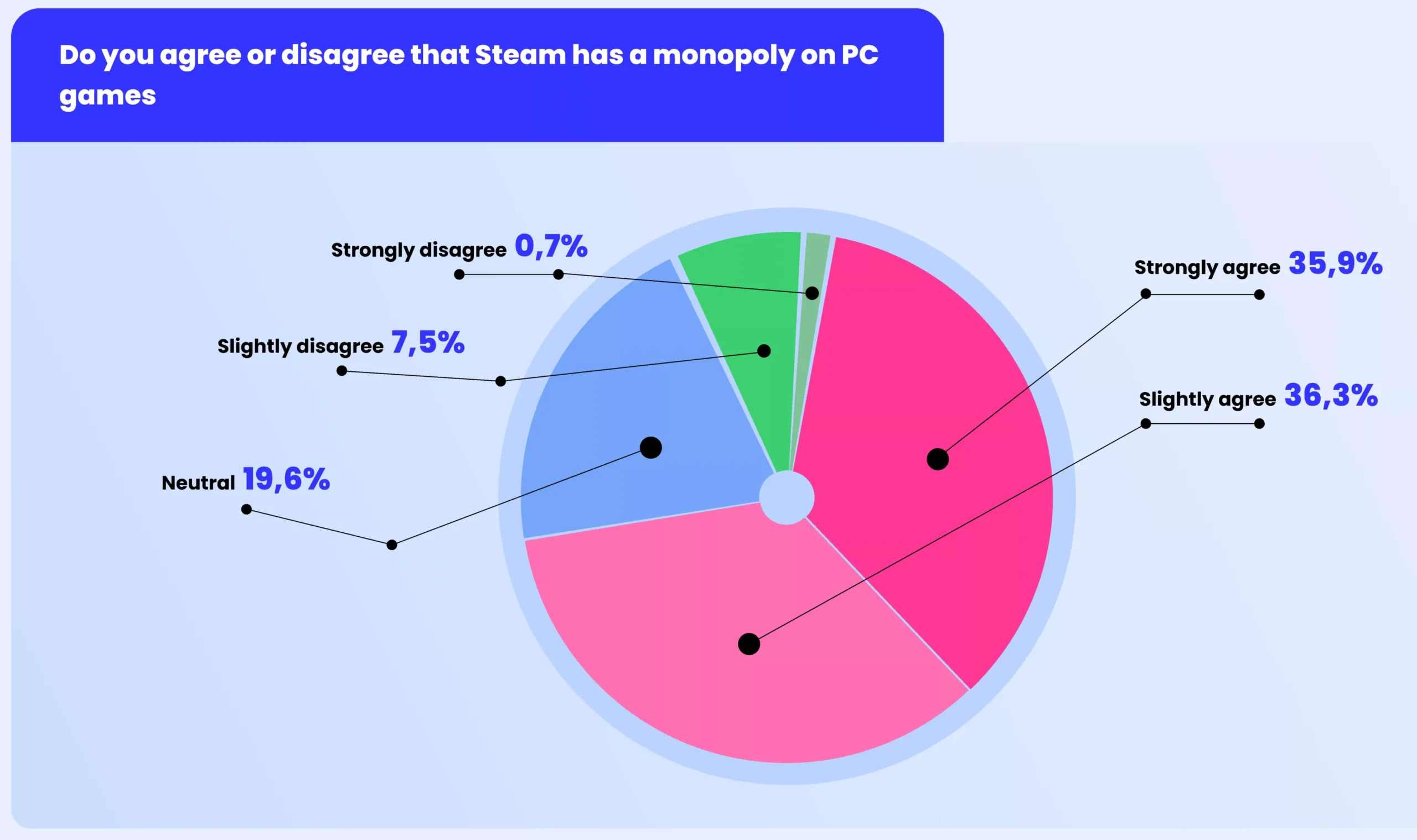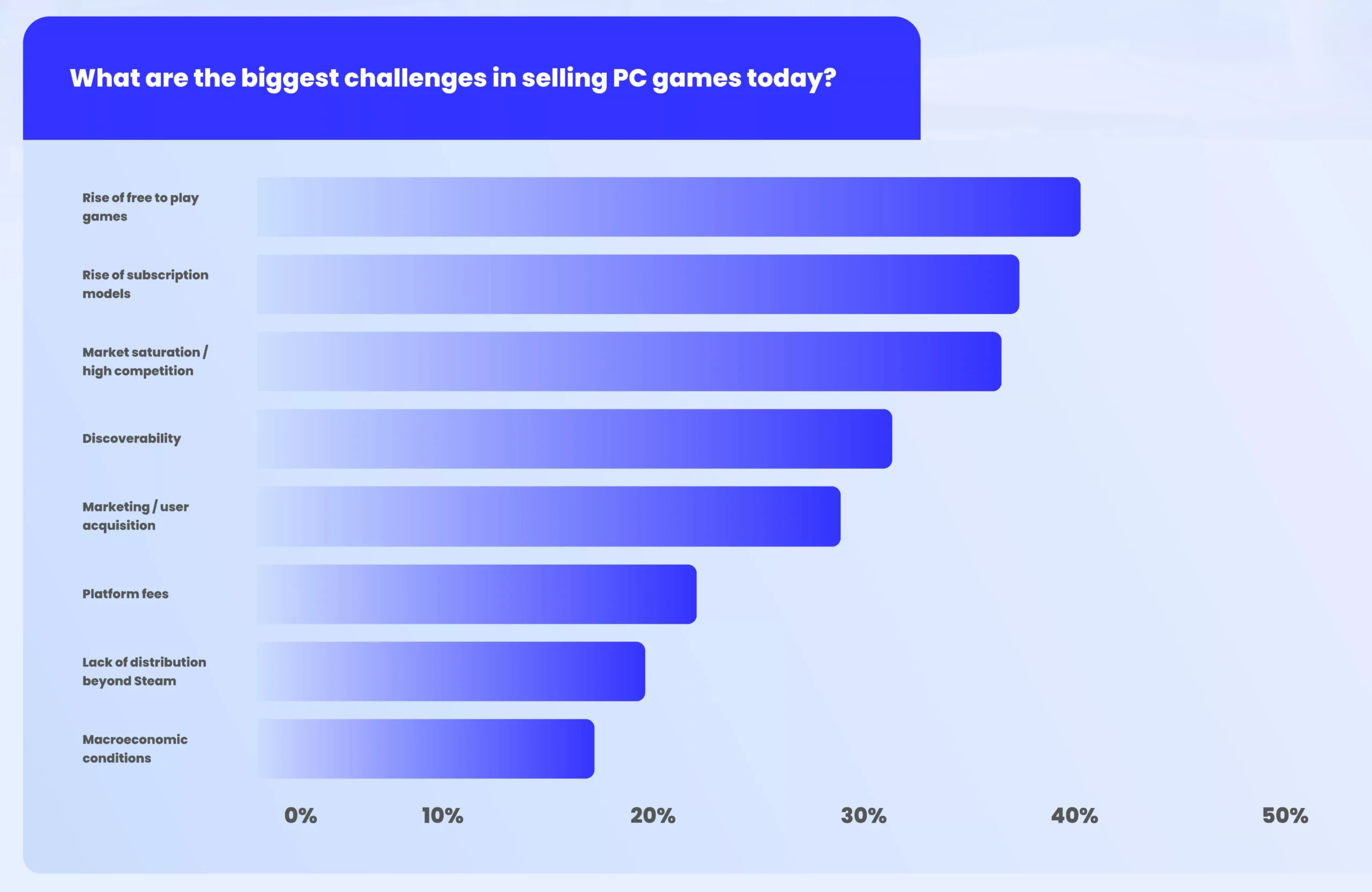In a major step toward improving cancer treatment, researchers at Northwestern University have redesigned the molecular structure of a widely used chemotherapy drug, making it far more soluble, potent, and less toxic to the body.
The scientists built a new form of the drug using spherical nucleic acids (SNAs), a type of nanostructure that embeds the drug directly into DNA strands coating tiny spheres. This re-engineering turned a weak, poorly dissolving chemotherapy drug into a highly targeted cancer-fighting agent that spares healthy tissue.
A Dramatic Boost Against Leukemia
The new therapy was tested in animals with acute myeloid leukemia (AML), a fast-growing and hard-to-treat blood cancer. Compared with the standard chemotherapy version, the SNA-based drug entered leukemia cells 12.5 times more efficiently, destroyed them up to 20,000 times more effectively, and slowed cancer progression 59-fold — all without detectable side effects.
This success highlights the growing promise of structural nanomedicine, a field that precisely controls the composition and architecture of nanomedicines to improve how they interact with the human body. With seven SNA-based treatments already in clinical testing, researchers believe this approach could pave the way for new vaccines and therapies for cancers, infections, neurodegenerative disorders, and autoimmune diseases.
[…]
For this study, Mirkin’s team revisited 5-fluorouracil (5-Fu), a long-standing chemotherapy drug known for its limited efficiency and harsh side effects. Because it affects healthy cells as well as cancerous ones, 5-Fu can cause nausea, fatigue, and in rare cases, heart complications.
Mirkin explained that the issue lies not in the drug itself but in its poor solubility. Less than 1% dissolves in many biological fluids, meaning most of it never reaches its intended targets. When a drug cannot dissolve well, it clumps together or remains solid, preventing the body from absorbing it effectively.
“We all know that chemotherapy is often horribly toxic,” Mirkin said. “But a lot of people don’t realize it’s also often poorly soluble, so we have to find ways to transform it into water soluble forms and deliver it effectively.”
How Spherical Nucleic Acids Transform Drug Delivery
To overcome this limitation, the researchers turned to SNAs — globular nanoparticles surrounded by dense shells of DNA or RNA. Cells readily recognize these structures and pull them inside. In this case, Mirkin’s team chemically incorporated the chemotherapy molecules into the DNA strands themselves, creating a drug that cancer cells naturally absorb.
“Most cells have scavenger receptors on their surfaces,” Mirkin explained. “But myeloid cells overexpress these receptors, so there are even more of them. If they recognize a molecule, then they will pull it into the cell. Instead of having to force their way into cells, SNAs are naturally taken up by these receptors.”
Once inside, enzymes break down the DNA shell, releasing the chemotherapy payload directly into the cancer cell. This structural redesign completely changed how 5-Fu interacted with leukemia cells, dramatically increasing its effectiveness.
Precision Targeting With Minimal Harm
In mouse models, the new therapy nearly eliminated leukemia cells in the blood and spleen while significantly extending survival time. Because the SNAs selectively targeted AML cells, healthy tissues remained unharmed.
[…]
Story Source:
Materials provided by Northwestern University. Note: Content may be edited for style and length.
Journal Reference:
- Taokun Luo, Young Jun Kim, Zhenyu Han, Jeongmin Hwang, Sneha Kumari, Vinzenz Mayer, Alex Cushing, Roger A. Romero, Chad A. Mirkin. Chemotherapeutic Spherical Nucleic Acids. ACS Nano, 2025; DOI: 10.1021/acsnano.5c16609
Source: Nanotech makes cancer drug 20,000x stronger, without side effects | ScienceDaily










